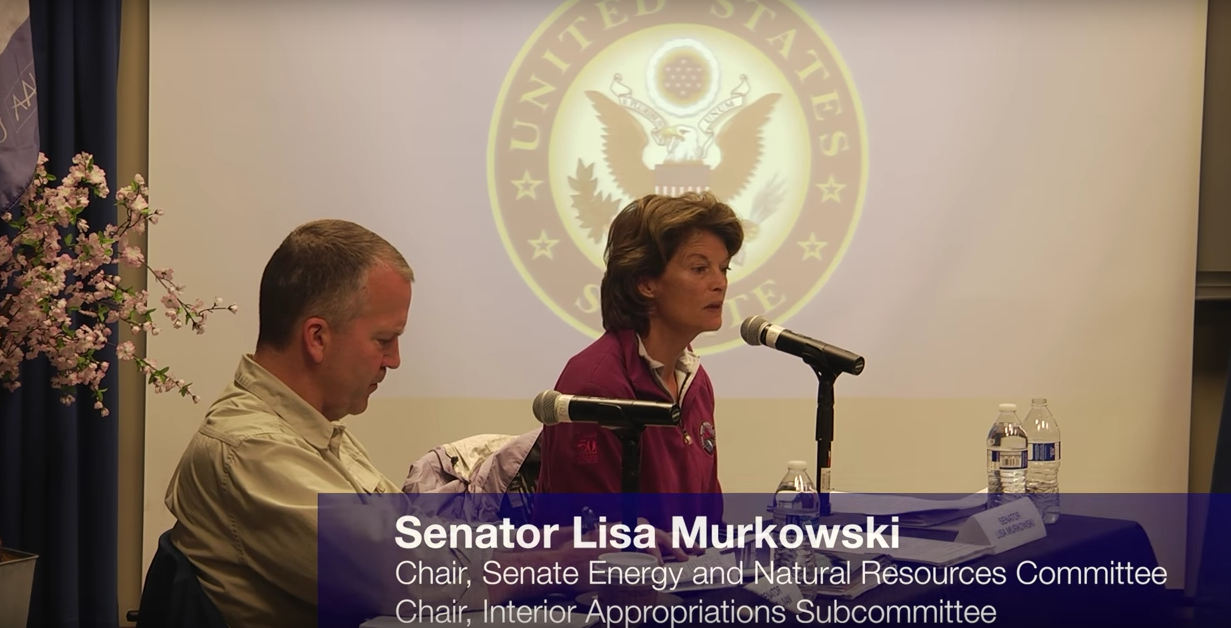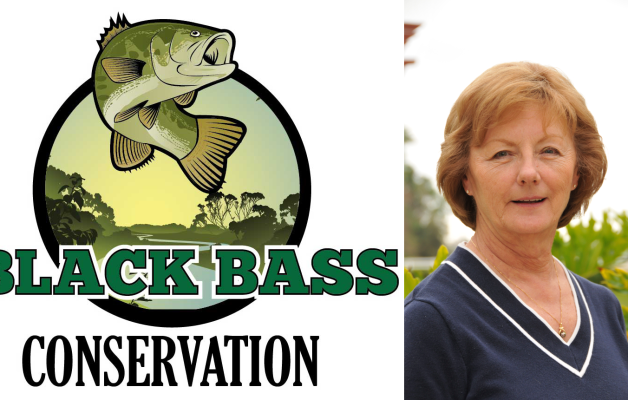
Soldotna, Alaska, August 25, 2016 – The fourth Annual Kenai Classic Roundtable on National Recreational Fishing brought together leaders from all segments of the recreational fishing community. The panelists gathered on Wednesday, August 17, at Kenai Peninsula College to examine alternative solutions for current fishery management issues. They discussed several innovative strategies for the management of mixed-use fisheries, and ultimately put forward solutions that could be beneficial to all fishery stakeholders.
“When we talk about management, it’s not just managing for one sector, it is making sure that from the commercial side, from the sport side, from the substance side, that we manage in a way that allows for the opportunities for all Alaskans,” said Senator Lisa Murkowski, R-Alaska.
Senator Murkowski joined Senator Dan Sullivan, R-Alaska, and a panel that focused on providing solutions that could benefit all fishery stakeholder groups, in efforts to alleviate some of the burdens placed on fishery managers. Together, the panel put forward a wide variety of management strategies that have track records of success in inland and coastal fisheries. The panel also highlighted the growth of the recreational fishing coalition, and the coalition’s desire to provide solutions for today’s key fishery issues. Panelists included:
-
Mike Nussman, President & CEO, American Sportfishing Association
-
Jeff Angers, President, Center for Coastal Conservation
-
Chris Horton, Fisheries Program Director and Midwest States Director, Congressional Sportsmen’s Foundation
-
Jim Martin, West Coast Director, Recreational Fishing Alliance
-
Andy Mezirow, Member, North Pacific Fishery Management Council and
Owner, Crackerjack Sportfishing
-
Ricky Gease, Executive Director, Kenai River Sportfishing Association
“The recreational community prepared for this year’s Roundtable by bringing solutions for the complex problems of fisheries management,” said Martin Peters, Government Relations Manager, Yamaha Marine Group. “The solutions presented would be potentially beneficial for the recreational users and neutral or beneficial for other user groups. There is no such thing as a solution for one group and not another. To solve fisheries problems, we must all work together.”
Over the coming months, the recreational fishing community plans to build upon the vision put forward at the 2016 Kenai Classic Roundtable. The panelists indicated that the coalition would pursue implementation of the alternative management strategies discussed, both inside and outside of the context of the Magnuson-Steven Act (MSA), the nation’s primary saltwater fishery management act. The panelists also felt that the ideas put forward during the roundtable show the recreational fishing community’s willingness to work with legislators throughout the MSA reauthorization process.




